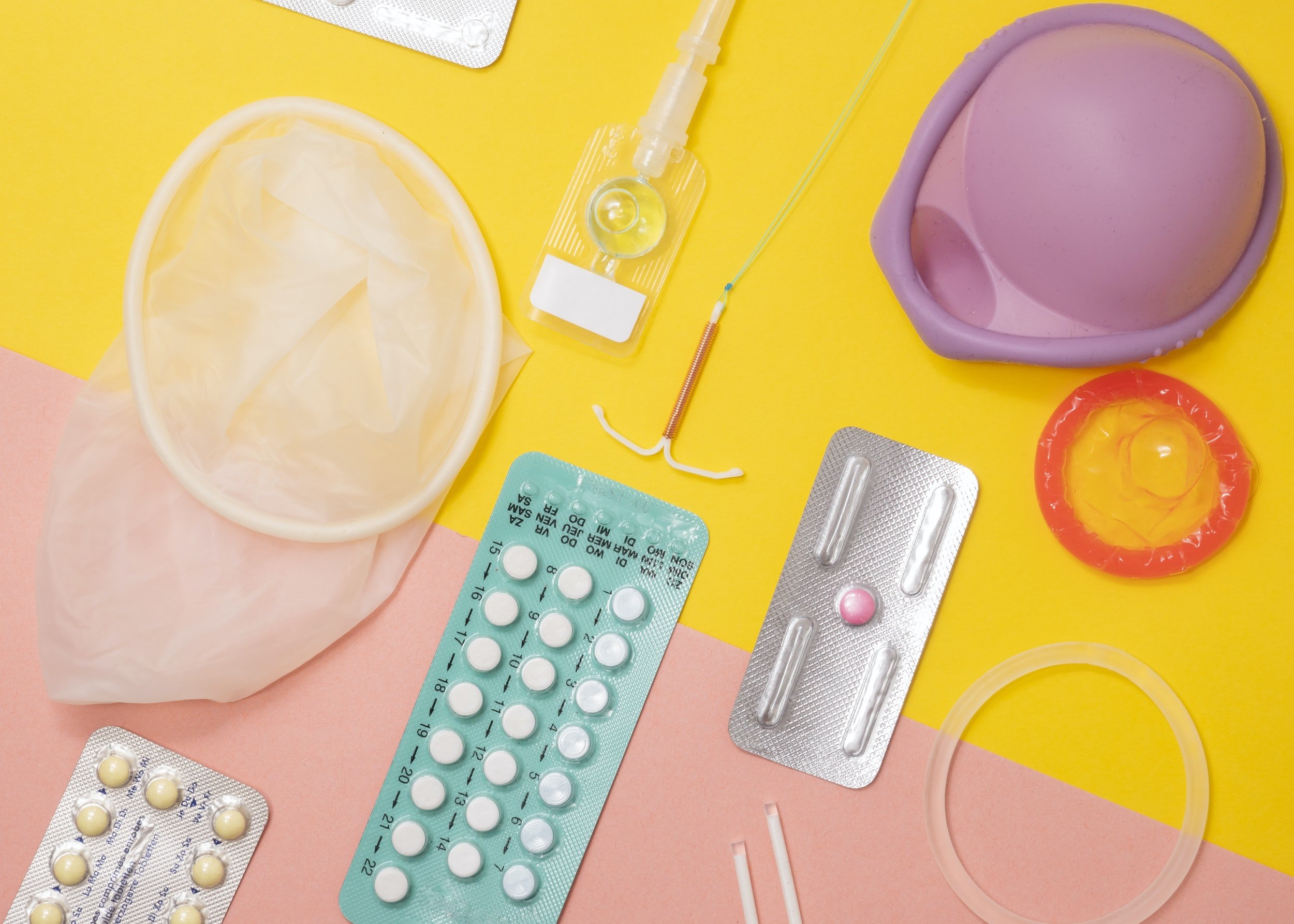CONTRACEPTION
Which contraception is best for me?
The pill, condoms, the injection, IUD or implants?
Contraception is all about choice.
With such a selection available, our aim is to help you find a contraception that suits you and your lifestyle.
For more detailed information make an appointment to discuss each option with a health professional.
The following options are all available at INP Medical Clinic.
Remember, an appointment for contraceptive advice is free if the person is under 22 years of age. Check our prices for other age groups.
Condoms
Condoms are a convenient contraceptive and also help prevent sexually transmitted infections including HIV.
Condoms are often used along with other contraception.
It is best to use condoms with a good lubricant.
Condoms are available FREE of charge at reception for anyone.
The Pill
The pill, or oral contraceptive pill, comes in a range of formulations and we can advise which one is the best for you.
If taken well, every day, the pill is highly effective as a contraceptive and often helpful to control undesirable period symptoms.
The Injection
Depo Provera is a slow release injection given every 12 weeks, usually into the upper outer buttock area or thigh.
It is highly effective as a contraceptive and can be helpful for managing heavy/ painful periods.
Implants (Jadelle)
Implants are soft thin rods (4cm long) which are inserted under the skin of the upper arm, in the clinic. The rods contain small amounts of the hormone progesterone, which is slowly released over a number of years to give excellent contraception.
Jadelle (used in NZ): 2 rods which is effective for up to 5 years.
Implanon/ Nexplanon (used overseas): 1 rod which is effective for up to 3 years
IUDs (Intra-Uterine Devices)
IUDs are small plastic devices which are inserted into a woman’s womb (uterus) in the clinic. These can be used by women of any age.
IUDs either contain copper or release the hormone progesterone (Mirena/ Jaydess) gradually over time.
Copper IUDs can be a great choice for women wanting/needing to avoid hormones.
The hormonal IUDs (Mirena/ Jaydess) are often recommended to help control heavy periods.
IUDs are effective for 5-10 years, depending on the type of IUD.
PLAN B - Emergency Contraception
Free Emergency Contraceptive Pill [ECP]
ECP is free from Pharmacies, INP Medical Clinic, Family Planning Clinics and participating General Practitioners.
The service is available to any woman eligible to access publicly funded healthcare in New Zealand.
There are no age limits to FREE ECP.
Postinor (levonorgestrel) 1.5 mg tablet is the medicine given for ECP.
It acts in the body to delay ovulation and thicken cervical mucus trapping sperm.
It is a contraceptive. It does not cause an abortion.
It is a very safe medicine and can be given to almost all women.
It is well tolerated. Common adverse effects include nausea and headache.
It is most effective within the first 72 hours following unprotected sexual intercourse but still has some effect at 90 hours.
Important information:
• ECP does not provide contraceptive cover for subsequent unprotected sex
• If you vomit within 3 hours of taking the ECP you will need to take another pill
• If your period is more than 5 days late you will need to see a doctor
• 3 weeks after taking the ECP get a sexual health check up to test for pregnancy and sexually transmitted infections
IUD (intrauterine device) Emergency Contraceptive
The copper IUD can be inserted as an emergency contraceptive up to 5 days after unprotected sexual intercourse.
It is highly effective. It prevents implantation from occurring. It does not cause an abortion.
It can remain in place for ongoing contraception lasting for 5-10 years.
Contraceptive Advice
The nurses and doctors at INP Medical Clinic have specialised knowledge in this area; continually keeping up with the latest research about contraception.
We really encourage parents to talk to their teenagers about coming in to see someone to start talking about sexual decisions and begin conversations about contraception.
It’s great for young people to get used to seeing someone at a clinic – before they are sexually active. If they do need contraception, or other sexual health care at a later stage, they know exactly where to go.


